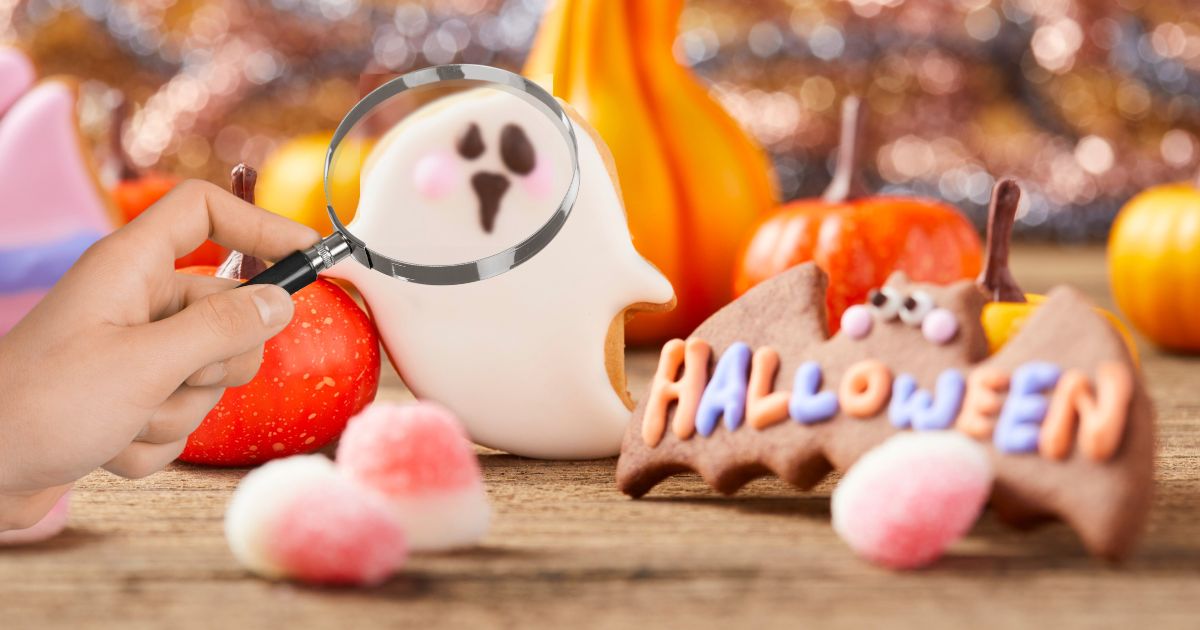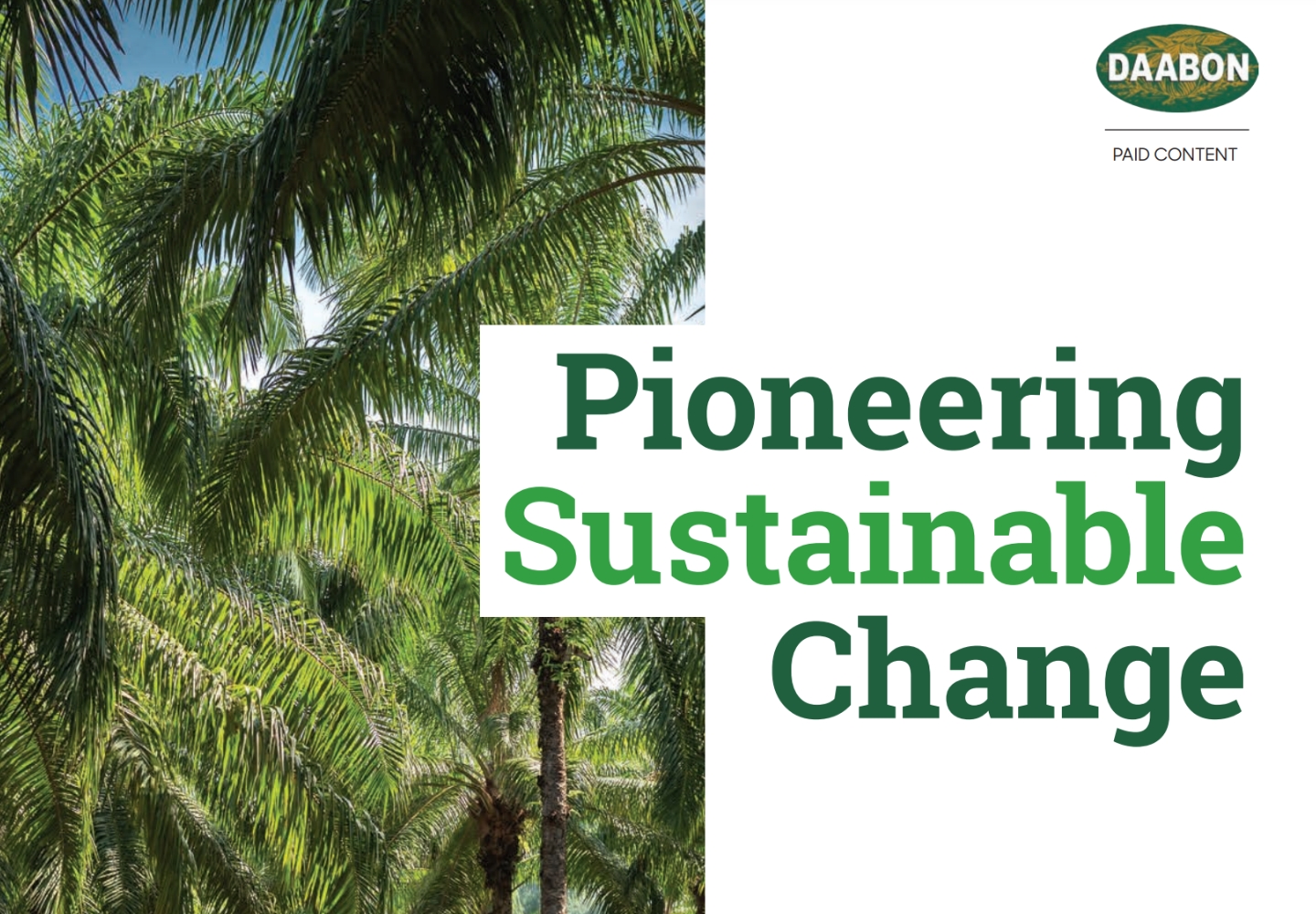Daabon’s History: An Interactive Timeline
1914
Two families come together – first-generation marriage of the Davila’s and Abondano’s. These names put together to create “Daabon.” The Daabon company begins our farming and livestock business with 5 acres of rented land to grow bananas and raise cattle.
1959-1975
We begin to grow, branching out into cotton, dairy and the first palm oil crops! It is the second generation of family farmers that introduces the palm crop for the first time in 1975.
1985-1992
Now it’s our third-generation farmers who turn our company’s attention to organic agriculture practices and establish organic certification for palm oil, coffee and banana. We are the first certified organic palm grower in the world. We also build our first crude oil extraction mill during this time. This is the beginning of the road to the vertical integration of our business, where every step of the palm oil supply chain is directly managed by Daabon and fully traceable.
1993-1998
We establish our palm refinery plant, progressing our vision of vertical integration. Additionally, we take bigger steps out into the world by sending our first palm exports to European and Japanese markets. It’s a success!
1999-2003
This is a pivotal time when we begin our Rainforest Alliance and NOP (National Organic Product) certifications. We also begin our “Las Alianzas” Project to combine forces with small producers. With this, we were the first company in Colombia to commit to buying sustainable palm from small landholders. We continue with vertical integration, expanding our palm refinery plant and installing a plant for palm fractionation.
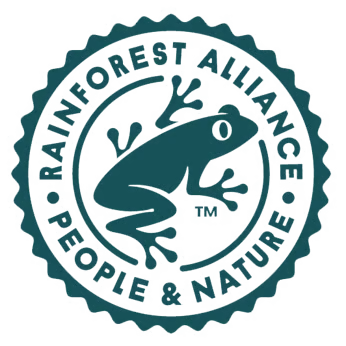
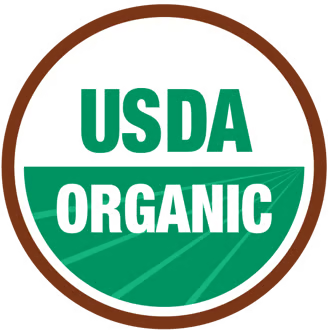
2004-2009
We complete the process of obtaining the RSPO Roundtable for Sustainable Palm Oil (RSPO) certification. This further marks our commitment to our sustainability principles: no deforestation, no planting on peat, reduction of emissions, complete traceability and transparency from fruit to mill and a respect for human rights. We see that this business model works. We can have success while protecting the planet and its people.
2010-2015
We complete the process of obtaining the RSPO certification, a big step forward for our company. Also during this time, our palm becomes Rainforest Alliance Certified, which offers not only environmental, but also economic protections. This commitment marks our desire to influence others in the industry to follow the same path of sustainability.
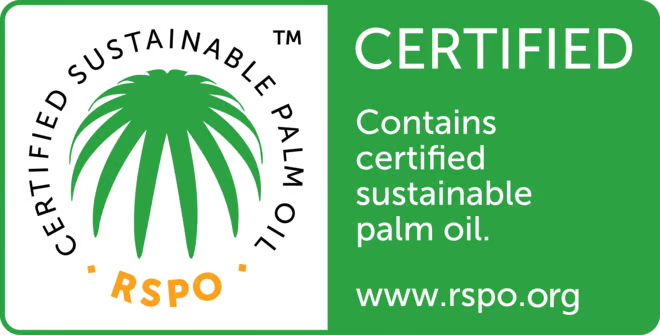
2015-2020
Now we take sustainability one step further by becoming the first company in the world to become RSPO NEX certified, going above and beyond the required sustainability commitments. (The NEXT certification has since been incorporated into the main RSPO standard).
Our energy is completely renewable; in 2015 we are carbon neutral across every aspect of our processes. Our palm also becomes certified by Fair Trade USA and we have our first honey harvest from beehives in our conservation areas!
Today and Beyond
We now emply 3,000 people spread over four continets. “We are aiming for zero emissions by 2025” says Sustainability Director, Felipe Guerrero. We believe that sustainable palm is palm for the greater good, and we keep pushing towards greater change in the industry. Our latest accomplishment, Regenerative Organic Certified (ROC), is a new certification we are working on that addresses a growing consumer demand for climate-friendly, fair and ethical products. We feel it is our responsibility to show the world how sustainable palm is done!


